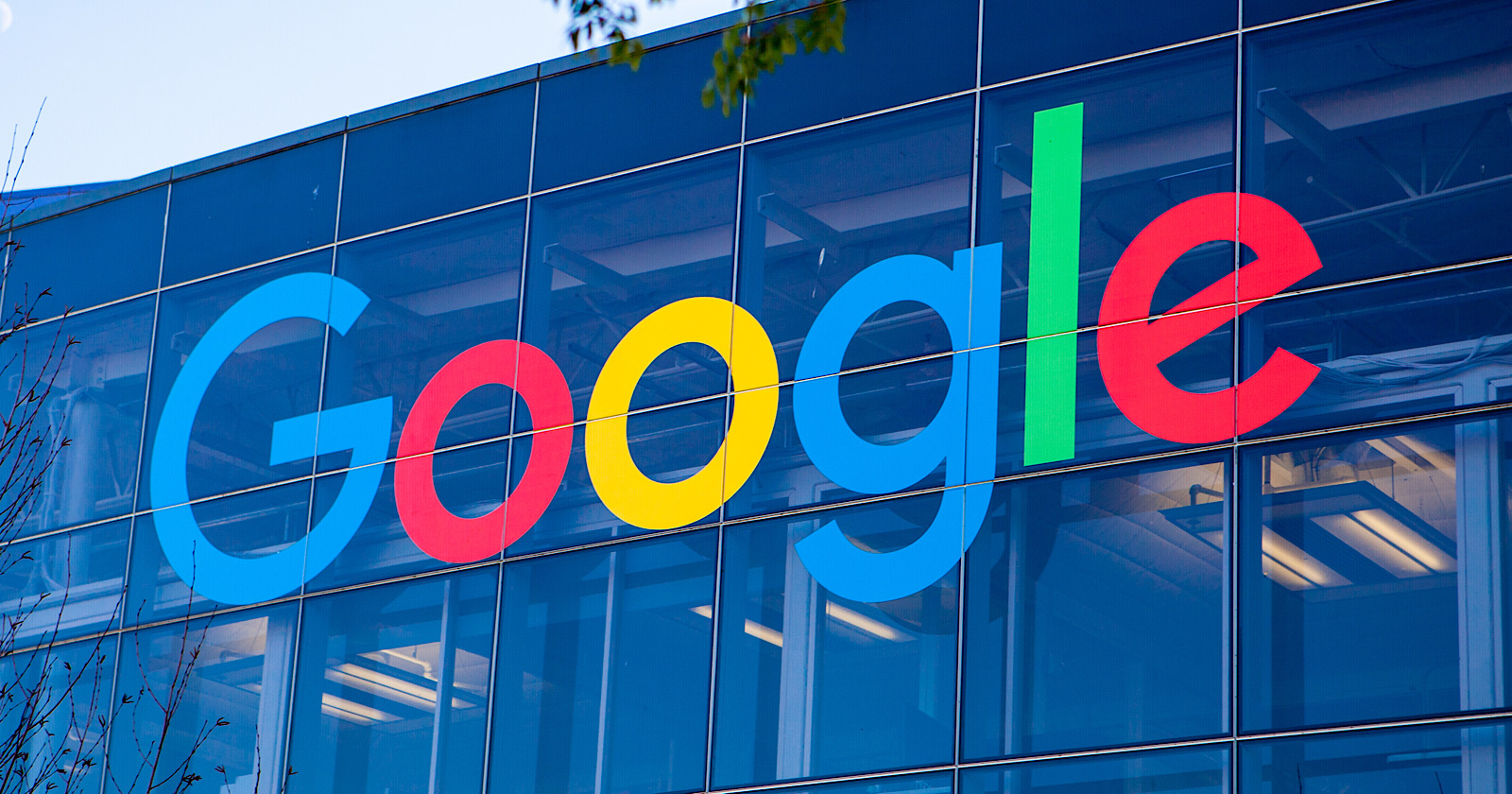Google announced it will soon be using machine learning to manage ad frequency when third-party cookies are missing.
This change will first roll out in the coming weeks to Display & Video 360, though Google has plans to bring this capability to its display offerings in Google Ads as well.
Google is rolling out this change as part of a larger effort to improve user privacy while still being able to serve ads in a way that’s effective for publishers and marketers.
Usually, when third-party cookies are blocked or restricted, advertisers no longer have the ability to limit the number of times someone sees an ad. That means someone who’s blocking cookies may end up seeing the same ad over and over again.
Here’s more on Google’s solution for managing ad frequency when third-party cookies are blocked:
“Using traffic patterns where a third-party cookie is available, and analyzing them at an aggregated level across Google Ad Manager publishers, we can create models to predict traffic patterns when a third-party cookie isn’t present. This allows us to estimate how likely it is for users to visit different publishers who are serving the same ads through Google Ad Manager. Then, when there is no third-party cookie present, we’re able to optimize how often those ads should be shown to users.”
Given that all user data is aggregated before Google applies its machine learning models, no user-level information is shared between websites. This feature relies solely on a publisher’s first-party data to inform the ad frequency for its own site visitors.
Google says this solution offers greater privacy for users than other workarounds such as fingerprinting, which relies on user-level signals like IP address.





